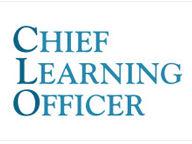Faculty News
—
In an op-ed, Professor Michael Spence argues that some forms of government debt can be beneficial
—

Excerpt from Project Syndicate -- "...in an environment of low long-term interest rates and deficient short-term aggregate demand (which means there is little risk of crowding out the private sector), it is a mistake not to relax fiscal constraints for investment. In fact, the right kind of public investment would probably spur more private-sector investment. Identifying such investment is where today’s debt debate should be."
Faculty News
—

Excerpt from Project Syndicate -- "...in an environment of low long-term interest rates and deficient short-term aggregate demand (which means there is little risk of crowding out the private sector), it is a mistake not to relax fiscal constraints for investment. In fact, the right kind of public investment would probably spur more private-sector investment. Identifying such investment is where today’s debt debate should be."





















